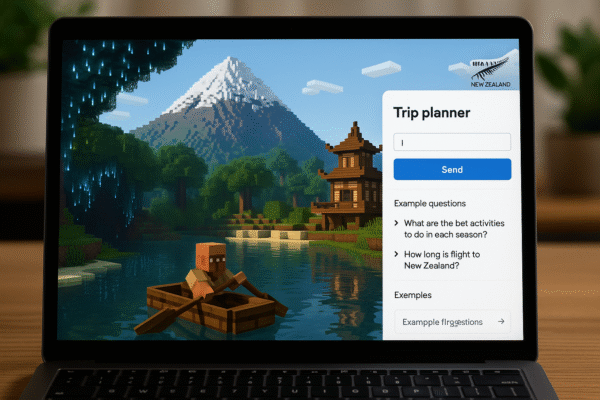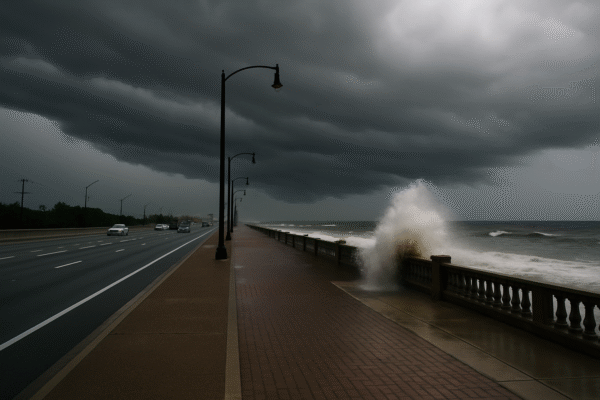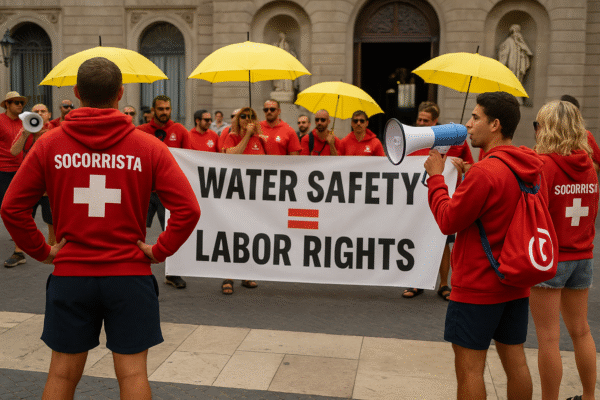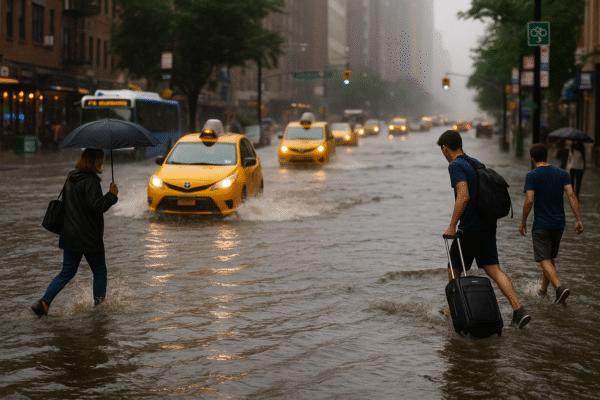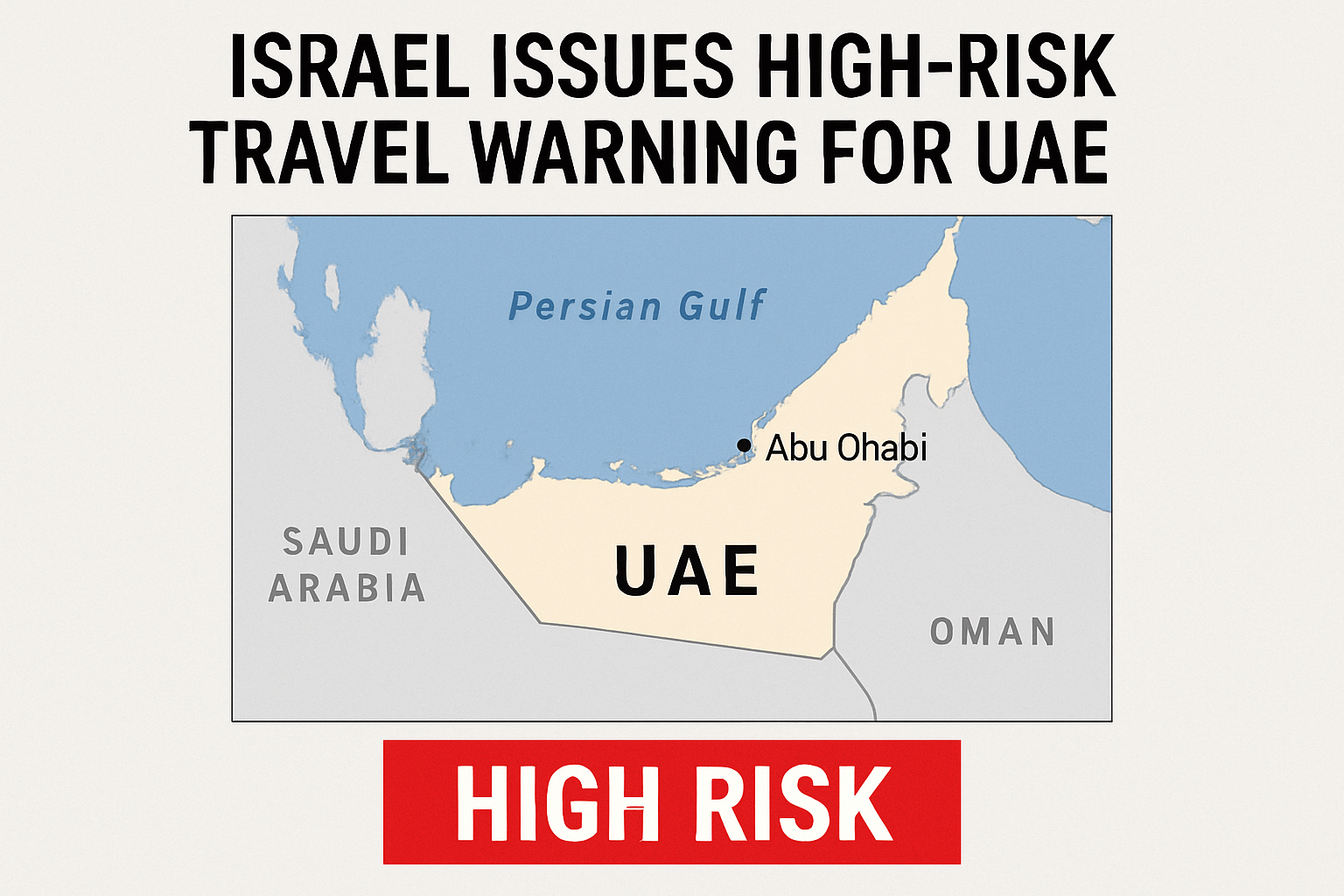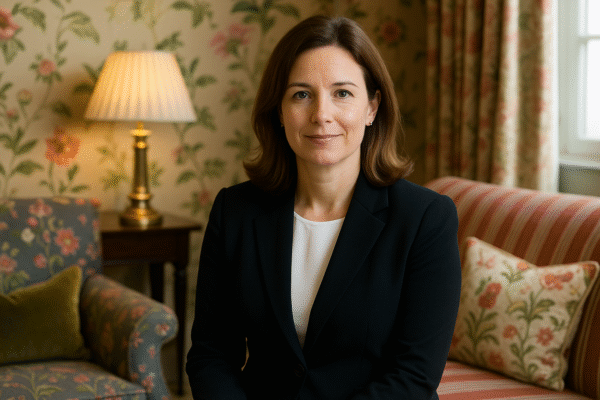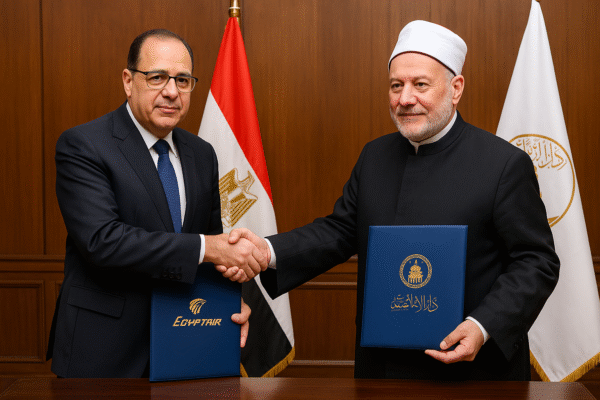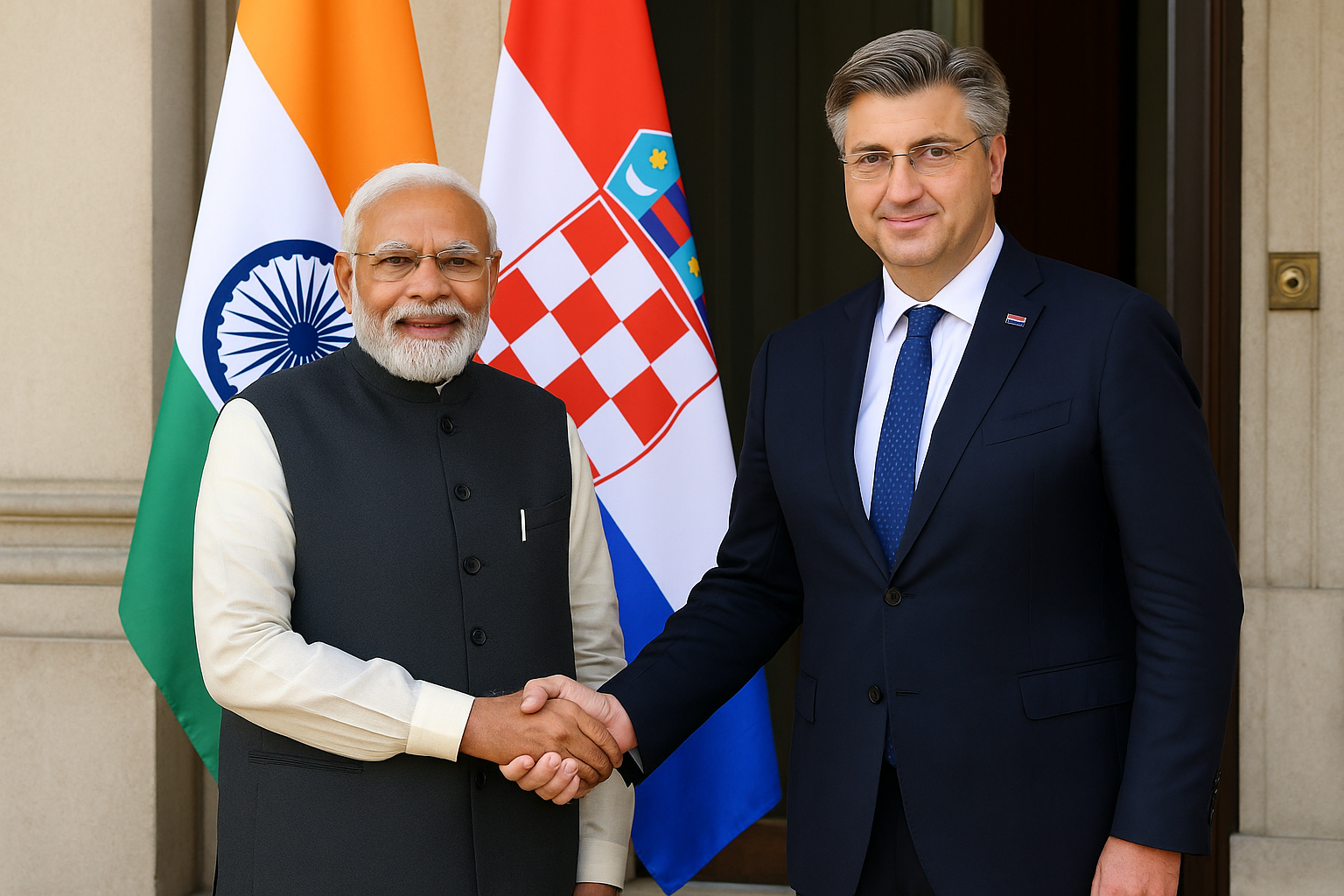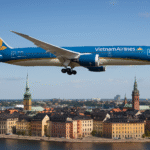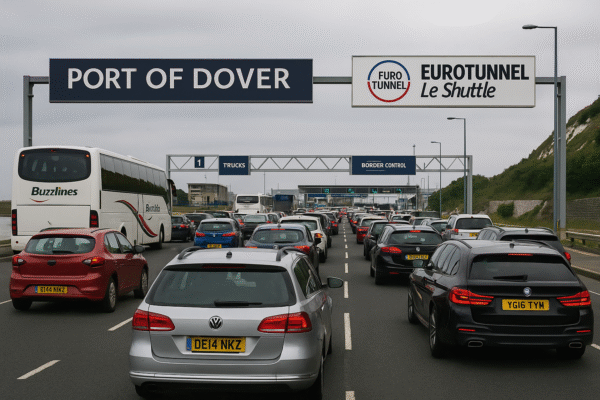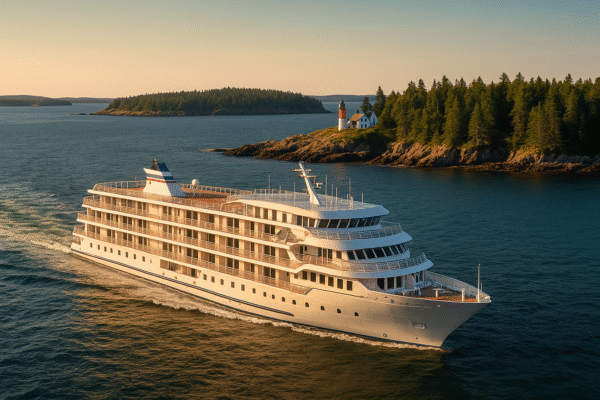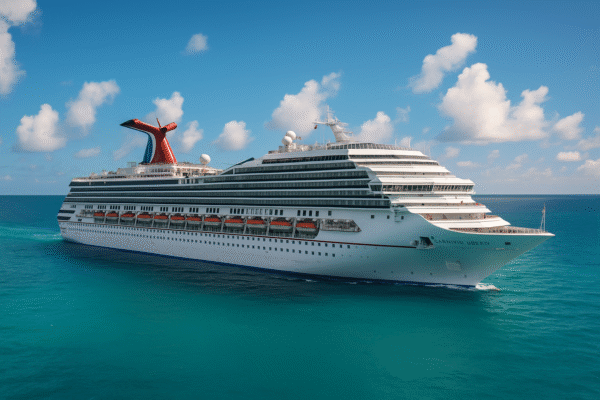ZAGREB/NEW DELHI, June 18, 2025 – In a landmark moment for Indian diplomacy, Prime Minister Narendra Modi has arrived in Croatia, becoming the first Indian Prime Minister to visit the Balkan nation. The visit follows his engagements in Canada and signals India’s growing focus on deepening bilateral ties with Central and Eastern Europe.
PM Modi’s official meetings in Croatia will be held on June 18 with Croatian President Zoran Milanović and Prime Minister Andrej Plenković. This visit marks a pivotal step in expanding diplomatic and strategic cooperation between India and Croatia—two nations linked by historical connections and modern geopolitical ambitions.
Strengthening Bilateral Trade and Technology Collaboration
At the heart of this diplomatic engagement lies a mutual commitment to expand bilateral trade, investment, and technological collaboration. Although Croatia is a smaller economy within the European Union, its strategic locationon the Adriatic coast and EU/NATO membership make it an essential partner for India’s Europe-centric trade diversification strategy.
According to India’s Ministry of External Affairs (MEA), discussions will revolve around boosting exports, enhancing tech transfer, and increasing Croatian investments in India’s defence and digital sectors. India is particularly interested in Croatia’s maritime infrastructure and logistics capabilities, which can support the broader India-Europe connectivity agenda.
Trade between the two countries, though modest, has shown steady growth. In 2023–24, bilateral trade touched nearly USD 290 million, with key Indian exports including pharmaceuticals, textiles, and machinery, and Croatian exports comprising chemicals and electrical components.
Reviving Cultural Links: A Shared Heritage
One of the more symbolic but deeply meaningful aspects of PM Modi’s visit is the focus on reviving centuries-old cultural ties. Historical records point to Indo-Croatian connections dating back to the days of maritime trade routes and academic exchanges in ancient universities.
Croatia has shown growing interest in Indian culture, yoga, and Ayurveda, while Indian cinema enjoys a cult following in parts of the Balkans. PM Modi is expected to visit a cultural centre in Zagreb and meet members of the Indian diaspora and Croatian Indologists, highlighting the soft power diplomacy that underpins India’s global engagement.
A United Front Against Global Terrorism
Another crucial item on the agenda is strengthening global cooperation against terrorism. PM Modi is expected to thank Croatia for supporting India’s stance on cross-border terrorism, especially at multilateral platforms like the UN and the EU.
The leaders will jointly explore frameworks for enhanced intelligence sharing, cyber threat monitoring, and joint efforts in counter-terrorism capacity building. Croatia, as a member of both the European Union and NATO, offers India a unique avenue to engage more effectively with Western-led security frameworks.
Defence, Maritime, and Strategic Partnerships
India and Croatia are also looking to ramp up defence technology and maritime security collaboration. A recent Memorandum of Understanding (MoU) between the two countries paves the way for cooperation in defence research, naval capabilities, and strategic policy coordination.
India is particularly interested in Croatia’s coast guard training infrastructure and naval shipbuilding expertise, which aligns with India’s push for regional maritime dominance in the Indo-Pacific.
Furthermore, defence cooperation will benefit from Croatia’s access to EU funding mechanisms, which could potentially support future Indo-European defence collaborations.
India-Middle East-Europe Economic Corridor: A Game-Changer
One of the most ambitious initiatives likely to be discussed is the India-Middle East-Europe Economic Corridor (IMEC)—a multilateral infrastructure megaproject unveiled during the G20 Summit in 2023. Croatia, due to its geostrategic positioning near key European ports, could serve as a crucial gateway for IMEC operations in Eastern Europe.
PM Modi and his Croatian counterpart are expected to exchange proposals on port connectivity, digital infrastructure, and trade route optimization within the framework of this corridor, which is being viewed as a strategic alternative to China’s Belt and Road Initiative.
A Final Stop with Lasting Impact
This visit concludes PM Modi’s three-nation tour, which began with global summits in Canada and diplomatic discussions with G7 members. Analysts see his first-ever visit to Croatia as more than ceremonial; it signals India’s expanding diplomatic bandwidth in under-engaged European regions, particularly in the Balkans, where geopolitical influence is contested by larger global powers.
By strengthening ties with Croatia, India is not only deepening bilateral relations but also creating pathways into European markets, expanding its security footprint, and reaffirming its role in global peace and cooperation.
Looking Ahead
As both India and Croatia prepare to celebrate 30 years of diplomatic relations in 2026, this visit may set the tone for a new era of Indo-Croatian engagement—driven by mutual respect, strategic vision, and shared values in democracy, security, and sustainable development.
For more travel news like this, keep reading Global Travel Wire

